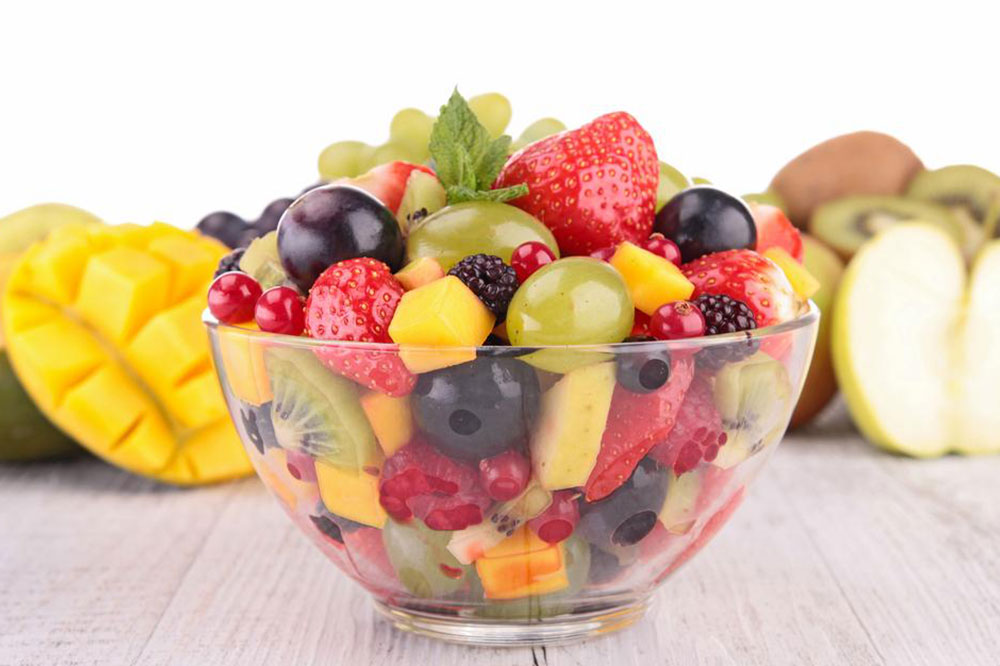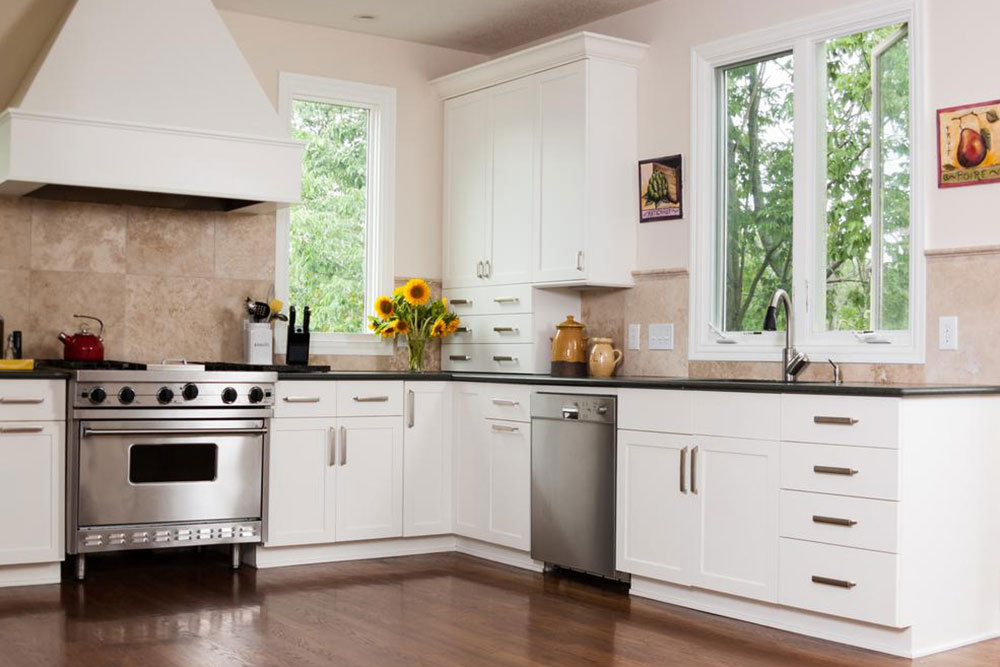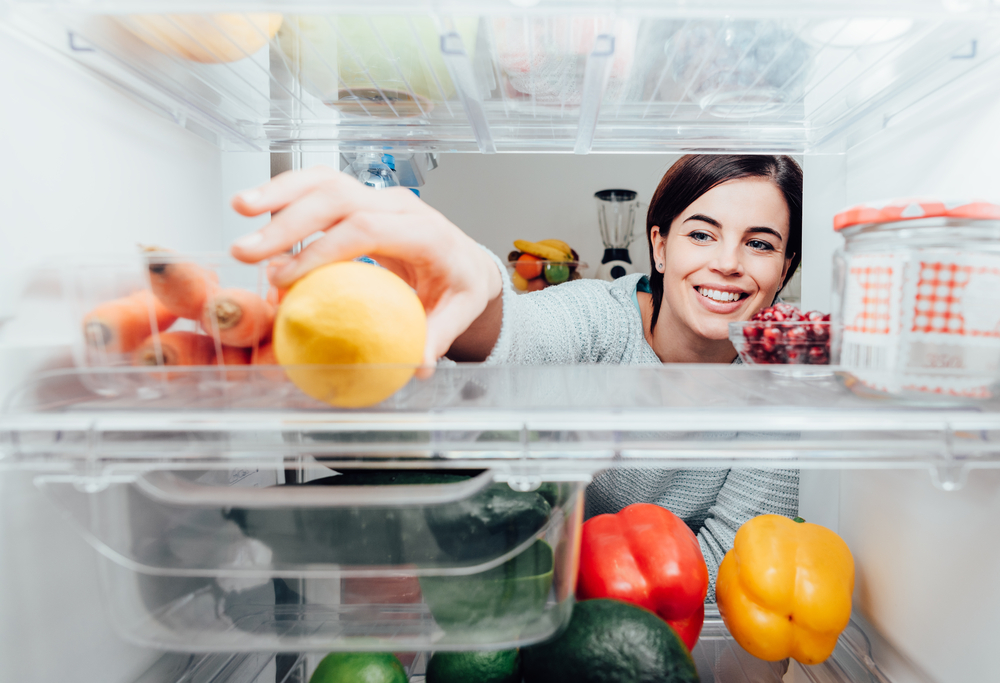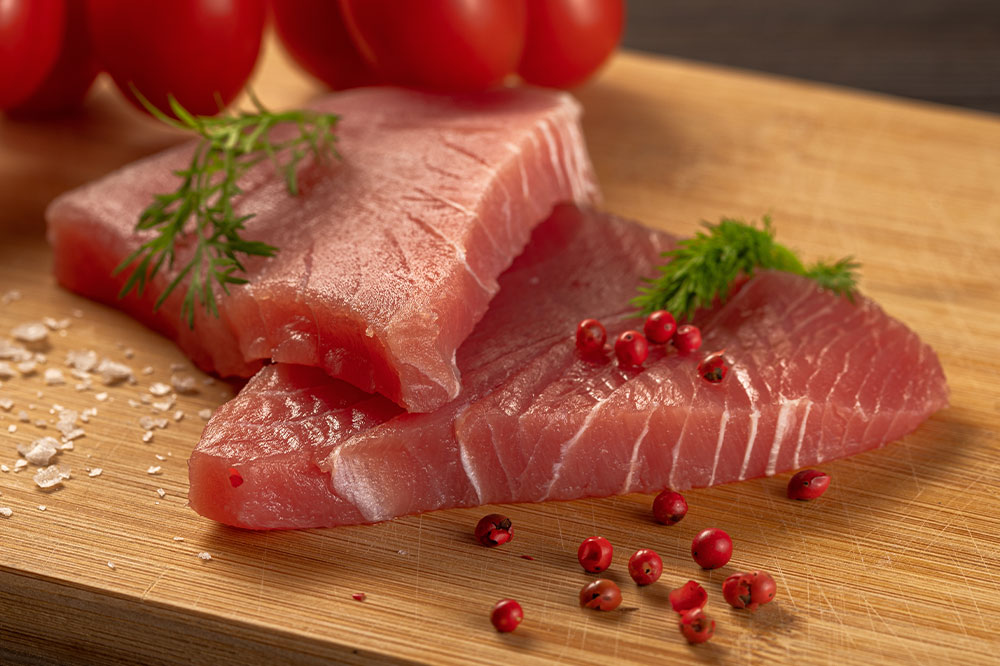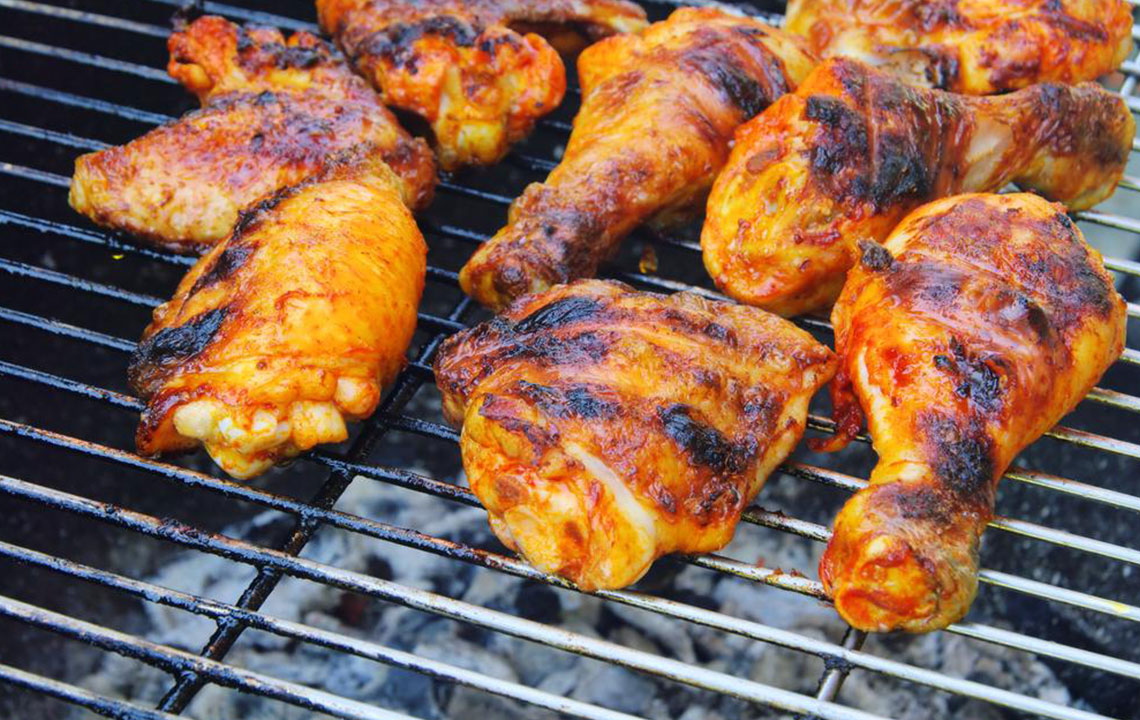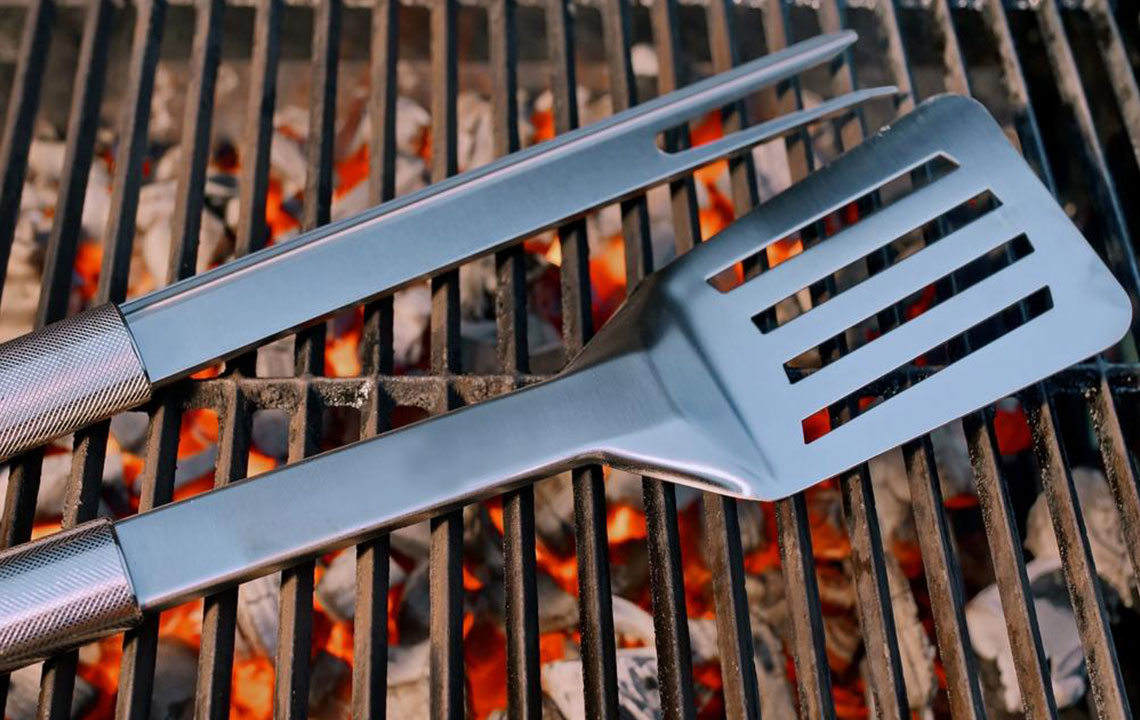Comprehensive Safety Guide for Successful and Safe Grilling
This comprehensive guide offers essential safety tips for outdoor grilling, emphasizing proper equipment maintenance, fuel handling, protective gear, and healthy cooking practices. By adhering to these guidelines, grill enthusiasts can enjoy safe, enjoyable barbecues while minimizing risks such as fires, gas leaks, and health hazards. From gas grill inspections to safe food preparation, this article provides detailed advice to ensure every barbecue session is both successful and secure, making outdoor cooking safer for everyone involved.
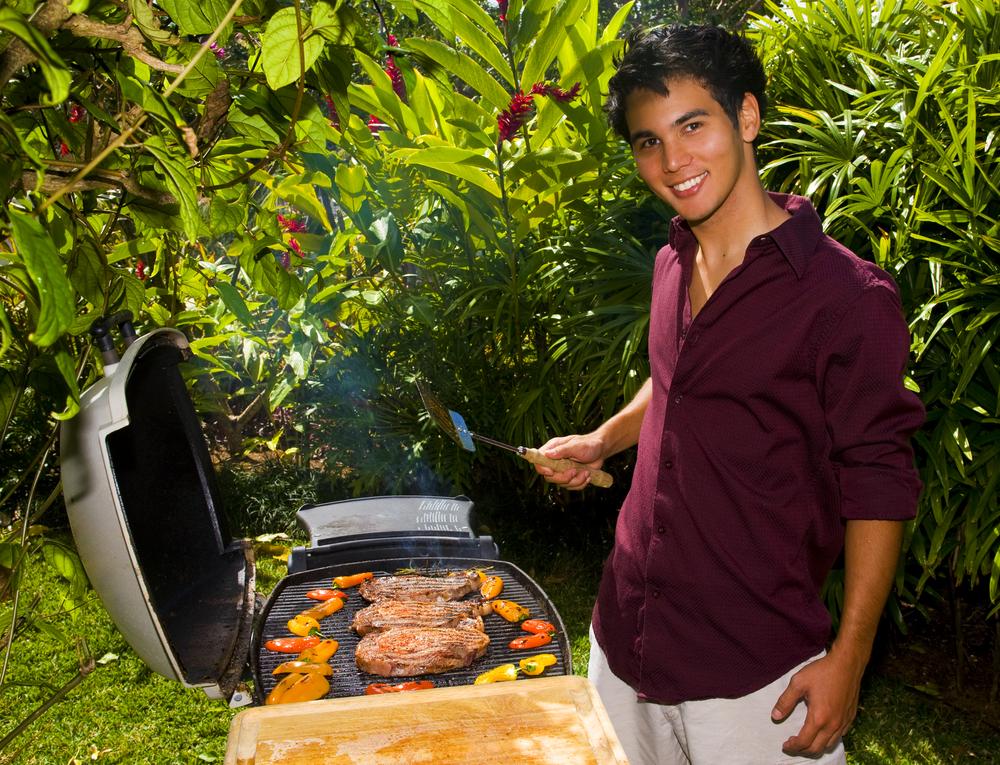
Comprehensive Safety Guide for Successful and Safe Grilling
Grilling is a popular outdoor activity enjoyed by many for its delicious flavor and social ambiance. However, safe grilling practices are paramount to ensuring that this enjoyable pastime remains safe for everyone involved. Whether you use propane, charcoal, or electric grills, understanding and implementing essential safety precautions can prevent accidents, injuries, and property damage. This comprehensive safety guide covers vital tips for maintaining your grill, handling fuels correctly, and cooking safely, enabling you to achieve grilling success while prioritizing safety and health.
Importance of Safety in Grilling
Grilling involves open flames, hot surfaces, and combustible fuels, all of which require careful management. Neglecting safety measures can lead to fires, gas leaks, burns, or even more severe accidents. By adopting responsible grilling habits, you protect yourself, your loved ones, and your property. Regular maintenance checks and safety awareness are the first steps toward a trouble-free grilling experience. This guide discusses key safety principles, fuel handling techniques, equipment maintenance routines, personal protective gear, and health considerations related to grilled foods.
Gas Grill Safety Measures
If your grill is gas-powered, you need to pay particular attention to leak detection and proper handling of fuel sources. Propane and natural gas are highly flammable, and leaks can result in explosions or fires if not promptly addressed.
Frequent Inspection of Gas Lines and Fittings
Check hoses, connectors, and valves for cracks, leaks, or damage before every use
Use soapy water to detect leaks—bubbles indicate escaping gas
Turn off gas supply immediately if a leak is detected and fix or replace damaged parts
Store propane tanks upright in well-ventilated areas away from heat sources
Keep tank valves closed when not in use to prevent accidental leaks
Additional tips include ensuring all small parts like hose clamps and valves are secure, cleaning debris from connections to prevent blockages, and checking for insects or debris that could interfere with fuel flow. These preventive steps are crucial for maintaining a safe gas grilling environment.
Handling Charcoal and Electric Grills Safely
While gas grills are common, many outdoor enthusiasts prefer charcoal or electric models. Each has unique safety considerations.
In charcoal grilling, always use proper starter fluids designed for grilling and never add lighter fluid to hot coals to prevent flare-ups
Ensure proper ventilation to avoid carbon monoxide buildup
Electric grills require careful placement away from water sources to prevent electrical hazards
Remember to keep all grills on stable, heat-resistant surfaces and away from overhanging branches or structures that could catch fire.
Health and Food Safety in Grilling
Many believe that grilled foods inherently cause health issues like cancer, but this is a misconception. Proper techniques can greatly reduce health risks associated with grilling.
Maintain cooking temperatures below 600°F to prevent the formation of harmful compounds such as heterocyclic amines (HCAs) and polycyclic aromatic hydrocarbons (PAHs)
Marinate meats with herbs, spices, or acidic solutions like lemon juice or vinegar, which can reduce carcinogen formation
Choose smaller or thinner cuts of meat for more even and lower-temperature cooking
Avoid charring or overcooking food; remove burnt areas before consumption
Additionally, using a meat thermometer helps achieve safe internal temperatures, preventing undercooking or charring. Proper cleaning of grill grates after use ensures hygiene and reduces buildup of carcinogenic residues.
Personal Protective Equipment and Tools
Safety gear plays a vital role in preventing injuries while grilling. Investing in quality accessories ensures you can handle hot equipment safely and efficiently.
Automatic Grill Cleaners: These devices simplify cleaning, removing grease, char, and debris, thereby reducing fire hazards and maintaining hygiene
Heavy-Duty Grill Gloves: Protect your hands from burns and splashes of hot fat or marinade while flipping or handling hot items
Bluetooth Meat Thermometers: Wireless temperature probes connected to your smartphone enable precise monitoring of meat internal temperatures, ensuring perfect doneness without overcooking
Using these tools not only enhances safety but also improves overall grilling quality and enjoyment. Proper handling of hot tools and precise temperature control are essential for both safety and culinary success.
Final Tips for a Safe and Enjoyable Grilling Experience
Always stay attentive when grilling; never leave the grill unattended while in use. Keep a fire extinguisher nearby and know how to operate it in case of emergencies. Ensure children and pets are kept away from hot grills to prevent accidents. Regularly clean your grill according to manufacturer instructions to prevent grease buildup and mechanical failures. With thoughtful preparation and adherence to safety guidelines, you can enjoy a delightful grilling experience each time.
In conclusion, safety in grilling involves a combination of equipment maintenance, proper fuel handling, personal protection, and mindful cooking practices. By following these comprehensive safety tips, you can enjoy delicious, well-cooked food safely while creating memorable moments with family and friends. Remember, a safe grill is a happy grill!
